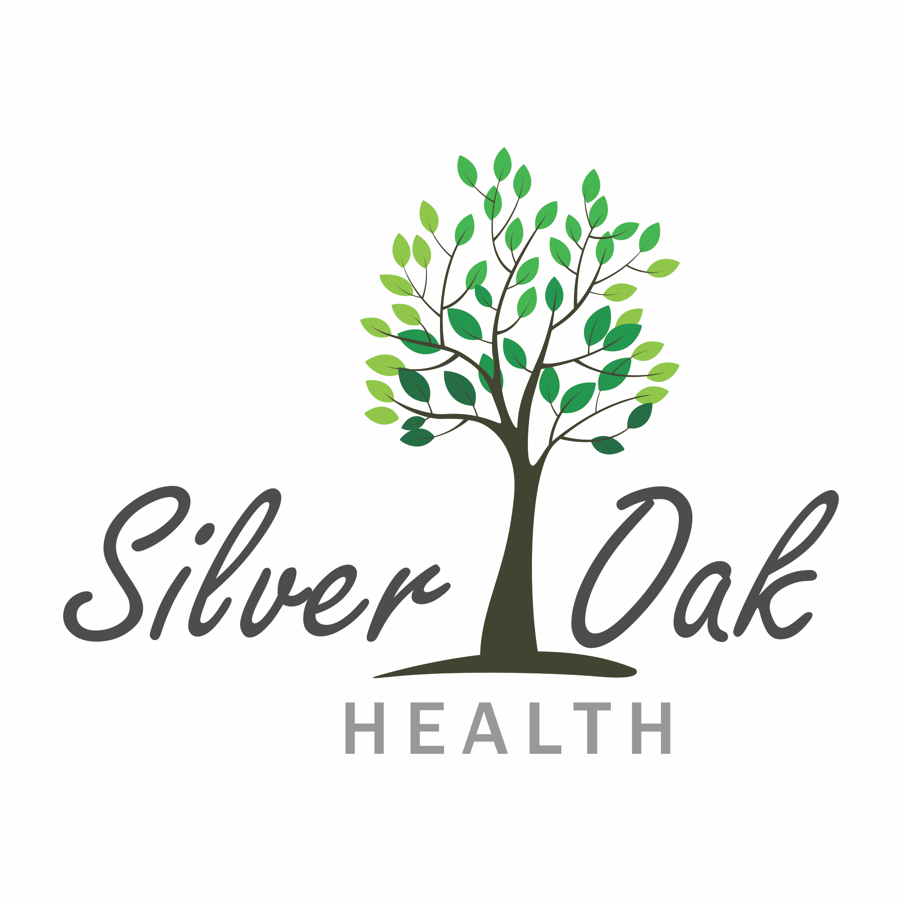The theme that is being observed for this year’s World Mental Health Day (10th October, 2021) is ‘Mental Health in an Unequal World’. The theme is an apt and relevant one during a period of social inequality that prevails in various forms: classism, sexism, racism, discrimination on the basis of sexual orientation, religion, or due to age or disability. Unfortunately, the list is long and the gap between the wealthy and those living under the poverty line grows ever wider. This has led to a system perpetuating widespread poverty, financial insecurity, and emotional unrest leaving ordinary people, through no fault of their own, to suffer the consequences. Access to diminishing life-sustaining resources is skewed in towards the people who are privileged, while those in need continue to lead a life of disadvantage.
The theme of mental health in an unequal world is based on the premise that while every person may experience mental health related issues, regardless of their background, the risks associated with mental health are not equally distributed. During the Covid-19 pandemic, this stark contrast between the haves and have nots has become even clearer than before. Awareness as well as access to basic healthcare during this time, both physical and mental, has been lacking in large sections of the world. While mental health has always had some level of stigma attached to it, now even with a higher level of awareness compared to previous generations, free and open access to it remains woefully limited and inadequate.
In light of this alarming situation, the Mental Health Foundation (MHF) released a report on tackling social inequalities to reduce mental health problems. Here are some startling statistics about the risk factors for mental health problems:
- Childhood adversity accounts for 30 percent of mental health problems in adulthood
- Life events of an adverse nature such as serious illness, job loss or bereavement is a risk factor for mental health issues
- Individuals from the lowest socioeconomic communities are at the highest risk of a mental health problem
- Children and adolescents from disadvantaged communities are two to three times more likely to develop them than their economically well-off counterparts.
- Not having access to employment or opportunities that give job satisfaction is associated with decreased quality of life, social status, sense of self-worth and achievement of goals.
- Women with low levels of literacy are five times more likely than those with average literacy skills to develop depression. Leaving school unfinished is also linked with substance abuse, mood disorders and suicidal ideation.
- Poor-quality housing that is unsafe and insecure can lead to mental health problems as well as exacerbate existing illness.
- Being bullied been associated with a range of mental health problems, while such experiences along with violence put particularly people belonging to the LGBTQ+ community at substantial risk for poor mental health outcomes
- Social isolation is found to be an important risk factor for deteriorating mental health and suicide
Following are some of the MHF’s recommendations with the aim to show “how everyone can flourish equally” and how we can strive towards a more equitable society, particularly in the realm of mental health on the following three levels:
- Structural measures. These consist of actions that target altering economic as well as social influences that pose as risk factors for mental health problems. Some examples of these include attempts to reduce income inequality, rates of unemployment, poverty levels, the incidence of domestic violence, discrimination and homelessness.
- Measures to strengthen community assets. Such measures include activities that are aimed at enhancing social connectedness, nurturing community environments, promoting community decision-making participation, and spreading awareness of risk factors and community resources to support mental health and wellbeing.
- Measures at the individual level. These measures primarily education about how to take care of one’s own mental health, peer support, and demonstrating how people can contribute to the mental health and wellbeing of their families and communities.
Every individual has the right to their mental health. Having access to mental health resources should in no form be treated as a luxury for the privileged, but a basic right and necessity for all humans to lead a life with dignity.

